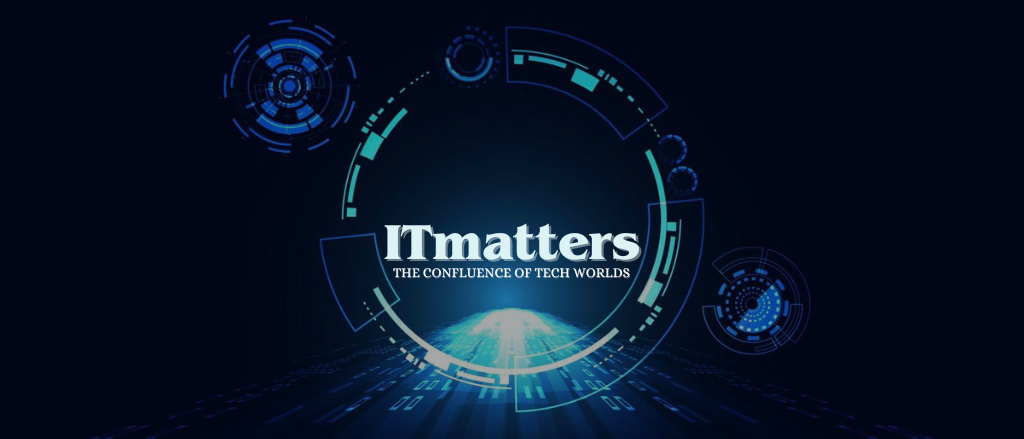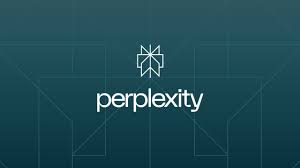Will Perplexity AI Could Replace Google on Android Phones
A major shift is brewing in the Android world. Motorola and Samsung are reportedly considering replacing Google’s Gemini assistant with Perplexity, a rising AI chatbot. If true, this move could mark a turning point in how users interact with their smartphones.
The Bloomberg report that revealed this change suggests Motorola has already signed a deal with Perplexity. Meanwhile, Samsung might soon follow.
What’s Changing and Why It Matters?
Traditionally, Android phones come with Google Assistant built in. But Google has started phasing out Assistant in favor of Gemini, its AI-powered chatbot.
Now, Motorola seems ready to make a bigger leap — not just replacing Assistant but skipping Google altogether. It plans to preload Perplexity on upcoming phones, possibly starting with the new Razr lineup. The interface could be custom-built to fit Motorola’s devices.
For users, this could change how they get answers, complete tasks, or talk to their phones. Instead of Google’s answers, they might get Perplexity’s AI-powered summaries, citations, and real-time information.
Samsung’s Quiet Yet Bold Move
Samsung’s plan is not official yet. But the report suggests talks are already underway. The company may not just preload Perplexity — it might make it the default assistant. Another option could be highlighting it in the Galaxy Store.
This may raise eyebrows, especially since Samsung has worked closely with Google on Galaxy AI features. However, Samsung has been exploring alternatives quietly. Its venture arm, NEXT, invested in Perplexity last year. Now, it’s looking to invest more. The startup’s valuation may rise to $18 billion after the next funding round.
What Is Perplexity, and Why the Hype?
Perplexity is not just another chatbot. It offers fast, source-linked answers in a conversational tone. It works like a search engine and an assistant rolled into one.
It’s designed to give users more control over their queries. You can ask it anything — from “What’s the news in tech today?” to “Summarize this research paper.” It responds instantly and cites where the information comes from.
In many ways, it challenges the way we search online — offering a smarter and more context-aware interface.
The Larger AI Battle: Google, OpenAI, and Now Perplexity
This news comes just days after ChatGPT by OpenAI launched its own mobile voice assistant feature. This new feature lets users speak to ChatGPT like they would with Siri or Alexa.
The timing shows that the battle for AI-powered assistants is heating up. Google is betting on Gemini. OpenAI is bringing voice AI to smartphones. And now, Perplexity is stepping in with backing from major Android brands.
It’s not just about voice commands anymore. It’s about who controls the AI layer of mobile phones.
The Catch: Google Still Powers Android
Both Motorola and Samsung build Android phones. Google controls the operating system and many essential services. Replacing or sidelining its assistant might not be simple. There may be terms, restrictions, or trade-offs.
Even if Perplexity becomes the default, it won’t mean Google is out. But it will give users a choice — something that hasn’t been common in the voice assistant space.
Why This Could Be a Good Thing for Users?
For Android users, more competition means better options. If Motorola and Samsung succeed, we may see a wider push for third-party AI assistants. This could lead to better privacy, smarter features, and faster innovation.
Also, companies like Perplexity are more open about how they get and present data. This might build more trust among users.
The shift also hints at something bigger — a future where phones are more than just hardware and software. They could become AI-first devices, where your assistant is not tied to a single tech giant.
A New Era of AI Assistants?
Perplexity’s rise shows how fast the AI world is moving. What started as a quiet search-focused chatbot may soon become the voice of your phone.
Motorola’s move could be the first domino. If Samsung joins, the impact could be massive. As big brands explore alternatives to Google, users may finally get digital assistants that do more — and do it better.
The next few weeks, especially Motorola’s product event on April 24, will be crucial. That’s when we may hear more official details.
Until then, one thing is clear: The future of AI assistants on Android is no longer just in Google’s hands.







Leave a Reply